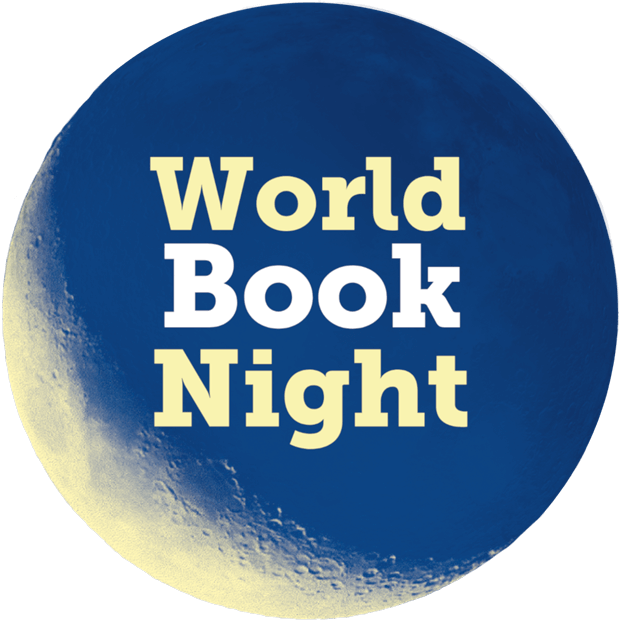
At The Reading Agency, we want to create a world where everyone is reading their way to a better life. Research shows that reading for pleasure can promote better health and wellbeing, aids in building social connections and relationships with others and is associated with a range of factors that help increase the chances of social mobility.
World Book Night is about encouraging more people to become readers. By participating on 23 April, whether or your own or with others, you’ll be playing a part in contributing to our mission of tackling life’s big challenges through the proven power of reading.
What are the benefits of reading for pleasure?
- 19% of readers say that reading stops them from feeling lonely. 1
- Higher literacy skills are associated with a range of positive societal benefits, including having a stronger sense of belonging to society and being more likely to trust others.2
- Studies have found that reading for pleasure enhances empathy, understanding of the self, and the ability to understand one’s own and others’ identities. 3
- Regular readers for pleasure reported fewer feelings of stress and depression than non-readers, and stronger feelings of relaxation from reading than from watching television or engaging with technology intensive activities. 4
- Those who read for pleasure have higher levels of self-esteem and a greater ability to cope with difficult situations. Reading for pleasure is associated with better sleeping patterns. 5
- Adults who read for just 30 minutes a week are 20% more likely to report greater life satisfaction. 6
- A study of 1,136 self-reported ‘avid-readers’, indicates that shared reading experiences and recommendations supporting choice are key influences on positive attitudes towards reading. 7
Find out more about the impact of reading for pleasure.
References
1 [Billington, J (2015) Reading between the Lines: the Benefits of Reading for Pleasure Quick Reads University of Liverpool p. 6]↩
2 [OECD (2013) Skills Outlook 2013: First Results from the Survey of Adult Skills]↩
23 [Billington, J, (2015) Reading between the Lines: the Benefits of Reading for Pleasure Quick Reads University of Liverpool]↩
4 [Billington, J, (2015) Reading between the Lines: the Benefits of Reading for Pleasure Quick Reads, University of Liverpool]↩
5 [Billington, J, (2015) Reading between the Lines: the Benefits of Reading for Pleasure Quick Reads, University of Liverpool]↩
6 [Billington, J, (2015) Reading between the Lines: the Benefits of Reading for Pleasure Quick Reads, University of Liverpool p. 7]↩
6 [Merga, M, (2017) Becoming a Reader: Significant Social Influences on Avid Book Readers]↩





